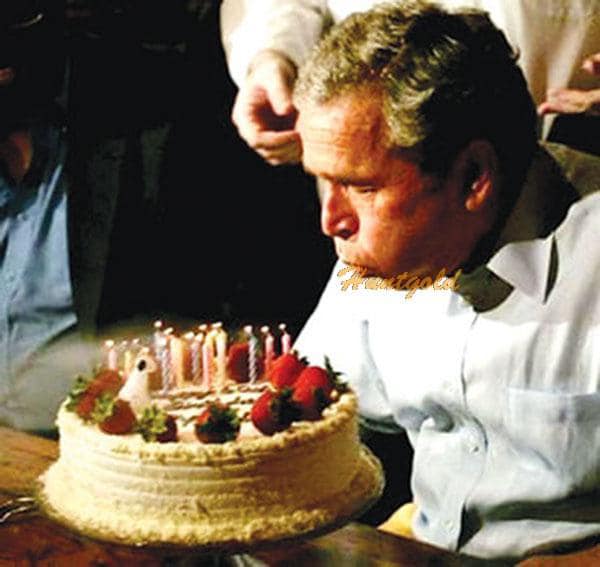207 total views
Homily for Friday of the 4th Wk in Ordinary Time, Memorial of St. Agatha, 04 Feb 2022, Mk 6, 14-29
I wonder if you’ve ever experienced celebrating your birthday and being presented a birthday cake with lighted candles on top of it, the same number as your age. You are asked to blow off the candles with one breath as soon as they finish singing the usual birthday song. And so you breathe in enough air and then blow the candles off. They go off, all right, but they keep lighting up again, one by one, by themselves. You try to blow them off again and again until you realize that you have just been pranked by “magic candles.”
This is what King Herod seems to be saying to himself in today’s Gospel when he hears about Jesus and suspects that this man was actually the pesky prophet, John the Baptist, who he had beheaded, but who had apparently come back to life. I wonder if he did not say this again after Jesus himself had already been crucified. Just when he thought that the same candle had already been successfully extinguished a second time, it kept lighting up again and again in his disciples who even multiplied.
You see, the magic candle birthday prank is not new at all. God had done it also on the birthday of King Herod. I wonder how many kings have thought the same way as Herod did—that they were going crazy or losing their mind as they kept hearing the same voice of truth thought they had successfully silenced, reverberating over and over again.
You see, you can bully, or silence, or even kill truth tellers, but you can never kill the truth itself. You can dress it up with “alternative facts” and give it anew look or color it differently, but it will eventually come out and show its true colors. A good analogy for this is the wolf that dressed up to look like Little Red Riding Hood’s grandma, who could not hide his long tail and big ears, and whose bad breath gave him away.
Today’s story of the beheading of John the Baptist is being narrated to us by way of a literary technique we call a flashback. The writer situates his story several months after the beheading of John, by telling us how Jesus was drawing crowds with his prophetic voice in the same way John the Baptist did. And how the people themselves felt like they were hearing John the Baptist all over again.
Herod did not just feel like that; he actually believed it. Listen to what he says, “I had that man beheaded; he has been raised up!” From there, Mark proceeds to tell the story of John’s beheading by way of flashback.
I am sure that the disciples were also afraid that what had been done by Herod on John the Baptist might be done again by the authorities on Jesus. Some of them were in fact beginning tofall our already because of fear. In Jn 8:31-32, Jesus says, “If you remain in my word, you will truly be my disciples, and you will know the truth, and the truth will set you free.”
We cannot be set free by the truth if we are not ready to uphold it. This was precisely the issue of Pontius Pilate when he asked Jesus, “What is truth?” (John 18:38) Pilate actually did his own investigation, and he found out that there was no truth in the accusations against Jesus. But for fear of being accused of betraying the political interests of the Roman emperor and of losing power, he chose to wash his hands. He chose what people today call “neutrality” because he could not uphold the truth.
I remember how the late Jesuit Fr. Guido Arguelles used to paraphrase those words of Jesus. He said, “The truth will set you free, but first it will make you miserable.”


















